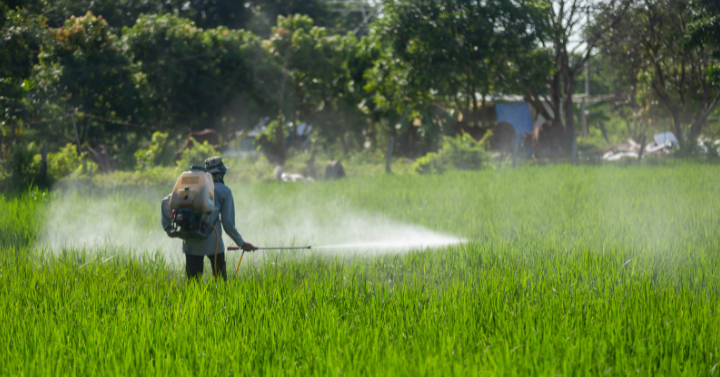Glyphosate, a widely used broad-spectrum herbicide, has been under assessment by the Mexican government as part of a broader strategy to promote sustainable agriculture and protect biodiversity. Initially, Mexico committed to phasing out glyphosate by March 31, 2024, following a decree set in 2020 and revised in 2023. The 50% reduction in glyphosate imports in 2023 reflects Mexico’s ongoing commitment to eliminate the herbicide, which has been linked to health issues and environmental damage.
However, in December 2023, due to the lack of viable alternatives, the Mexican government announced a delay in the full implementation of the glyphosate ban until 2027. This postponement aims to ensure that any replacement for glyphosate does not compromise agricultural productivity and food security. The government continues to work on finding sustainable alternatives while balancing weed control needs with environmental protection.
The postponement of the glyphosate ban underscores the challenges of balancing agricultural needs with health and environmental concerns. The Ministry of Economy, Environment, Agriculture, and the Commission for Protection Against Health Risks (COFEPRIS) emphasized the importance of finding alternatives that do not adversely affect productivity. As a result, while the search for safer and effective alternatives continues, Mexican farmers can still import and use glyphosate under strict regulations to manage weeds in their fields.
The regulatory uncertainty of glyphosate also significantly impacts the Industrial Vegetation Management (IVM) market in Mexico. Glyphosate is a critical component of IVM strategies, particularly in non-agricultural sectors such as roadways, railroads, and utilities. The potential ban has led to increased interest in alternative herbicides and sustainable weed management practices. Companies within the IVM market are exploring and investing in new technologies and products to fill the gap that glyphosate’s absence would create.
Moreover, the controversy surrounding glyphosate reflects broader global trends and debates over its use. The European Union recently addressed these issues with a significant decision. In November 2023, the EU extended the approval for glyphosate use for an additional 10 years, until December 15, 2033, while maintaining certain conditions and restrictions on the ingredient during that timeframe. This decision, following extensive debate, influences global markets and policies, including those in Mexico, where international standards often guide regulatory decisions. Despite this extension, the ongoing discussions highlight the need for continued research and development in herbicides. The goal remains to find solutions that balance agricultural efficiency with environmental and public health safety, as countries worldwide grapple with the complex challenges of pesticide regulation.
Kline will be publishing the latest studies shortly, as part of its Industrial Vegetation Management Market for Pesticides study, covering Mexico and Brazil, with the USA update available next year.
Kline’s research is based on in-depth discussions with knowledgeable professionals including pesticide suppliers, distributors, trade associations, and government agencies, as well as those in charge of forest maintenance.
These studies provide details on important market segments, focusing on key trends, developments, changes, challenges, and business opportunities.
For more information, contact us.

